All news
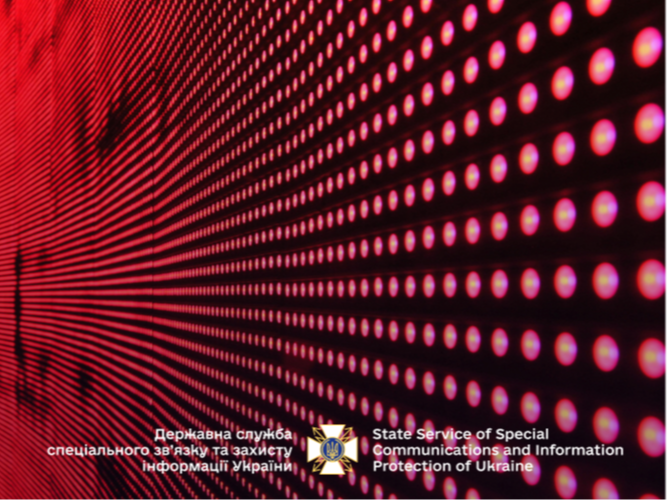
"Court Summons" Phishing Lure Used in Cyberattacks on Ukrainian Government and Defence Sector
The National Cyber Security Incidents Response Team (CERT-UA) has detected and investigated a new series of targeted cyberattacks on government agencies and enterprises within the defence-industrial complex.
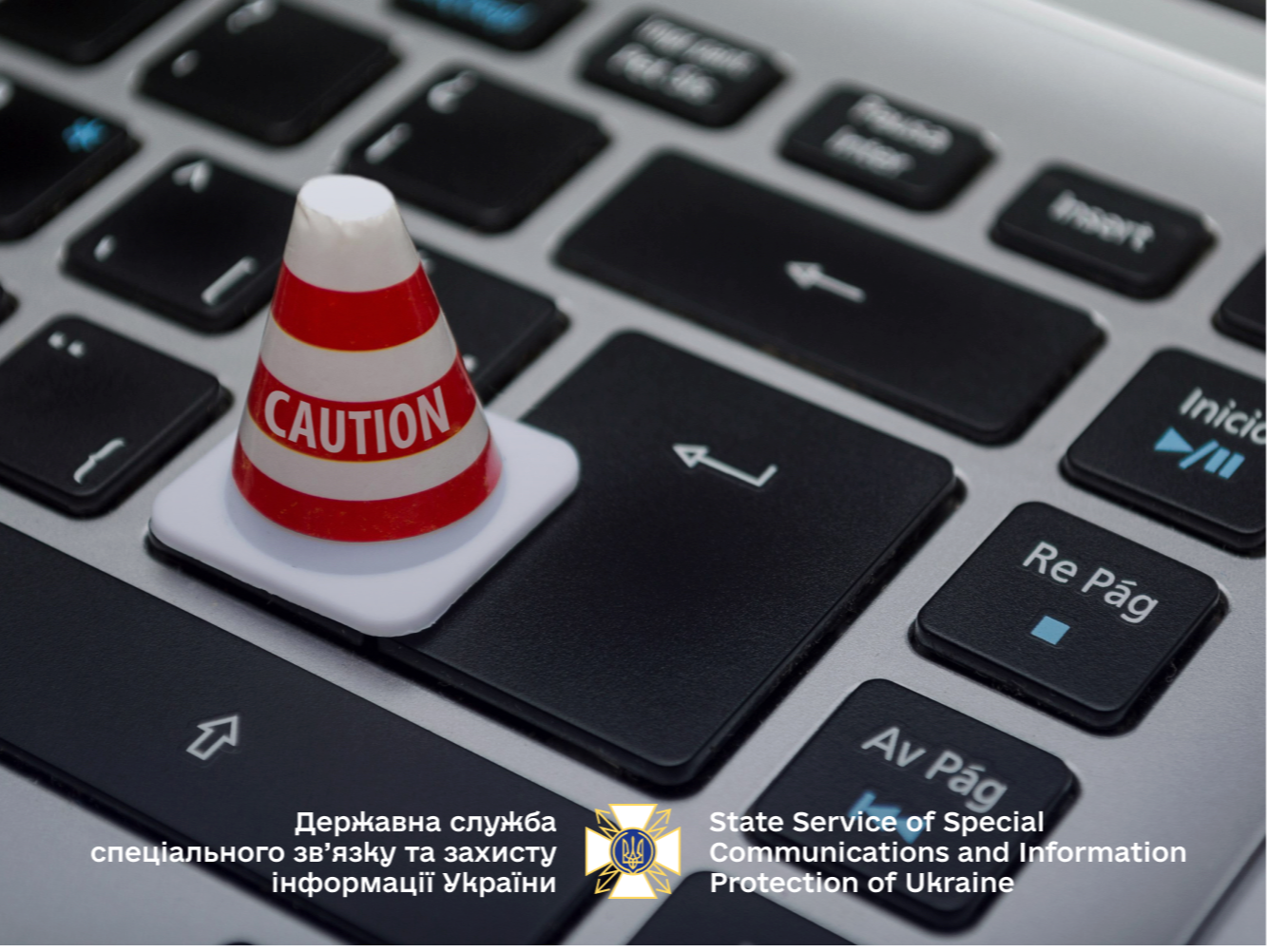
SSSCIP Issues Warning: On-Premises SharePoint Servers Under Attack!
The State Service of Special Communications and Information Protection of Ukraine is alerting about the active exploitation of critical vulnerabilities in on-premises versions of Microsoft SharePoint Server. This was reported by the Microsoft security team in a blog post on July 22, 2025.
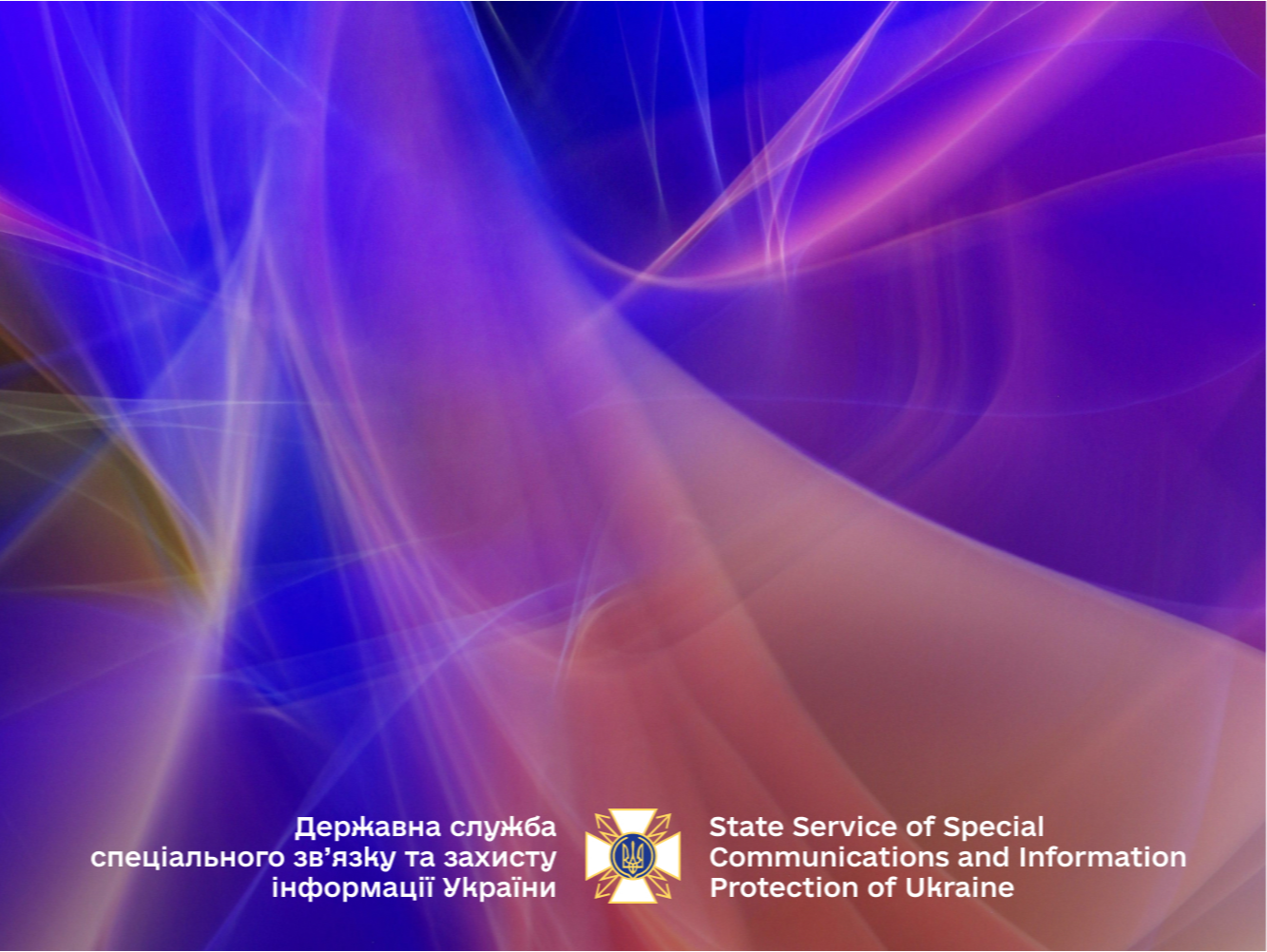
APT28 Targets Security and Defence Sector with AI-Powered Software
CERT-UA, the National Computer Emergency Response Team of Ukraine, functioning under the State Service of Special Communications and Information Protection (SSSCIP), has identified new cyberattacks targeting the security and defence sector.According to available information, emails containing an attachment named "Додаток.pdf.zip" ("Attachment.pdf.zip") were disseminated among executive bodies, purportedly sent from a representative of a relevant ministry.
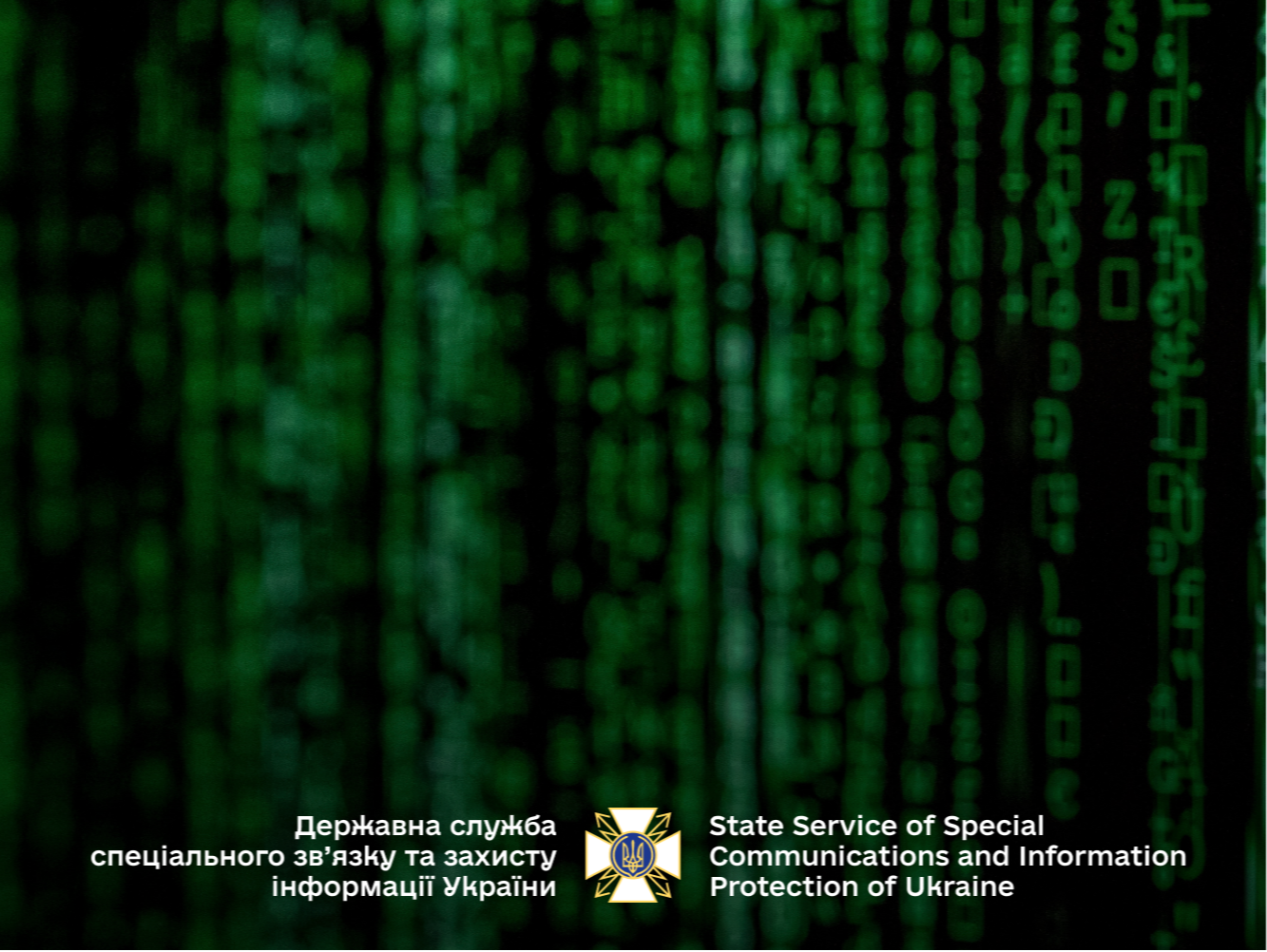
APT28 attacks Ukrainian government agencies via Signal using malware
The National Cyber Incident Response Team CERT-UA records new cyberattacks on government agencies. To attack systems, attackers use a multi-stage chain that begins with sending malicious documents via the Signal messenger.The goal of the attacks is to gain remote access to computers for espionage and data theft.
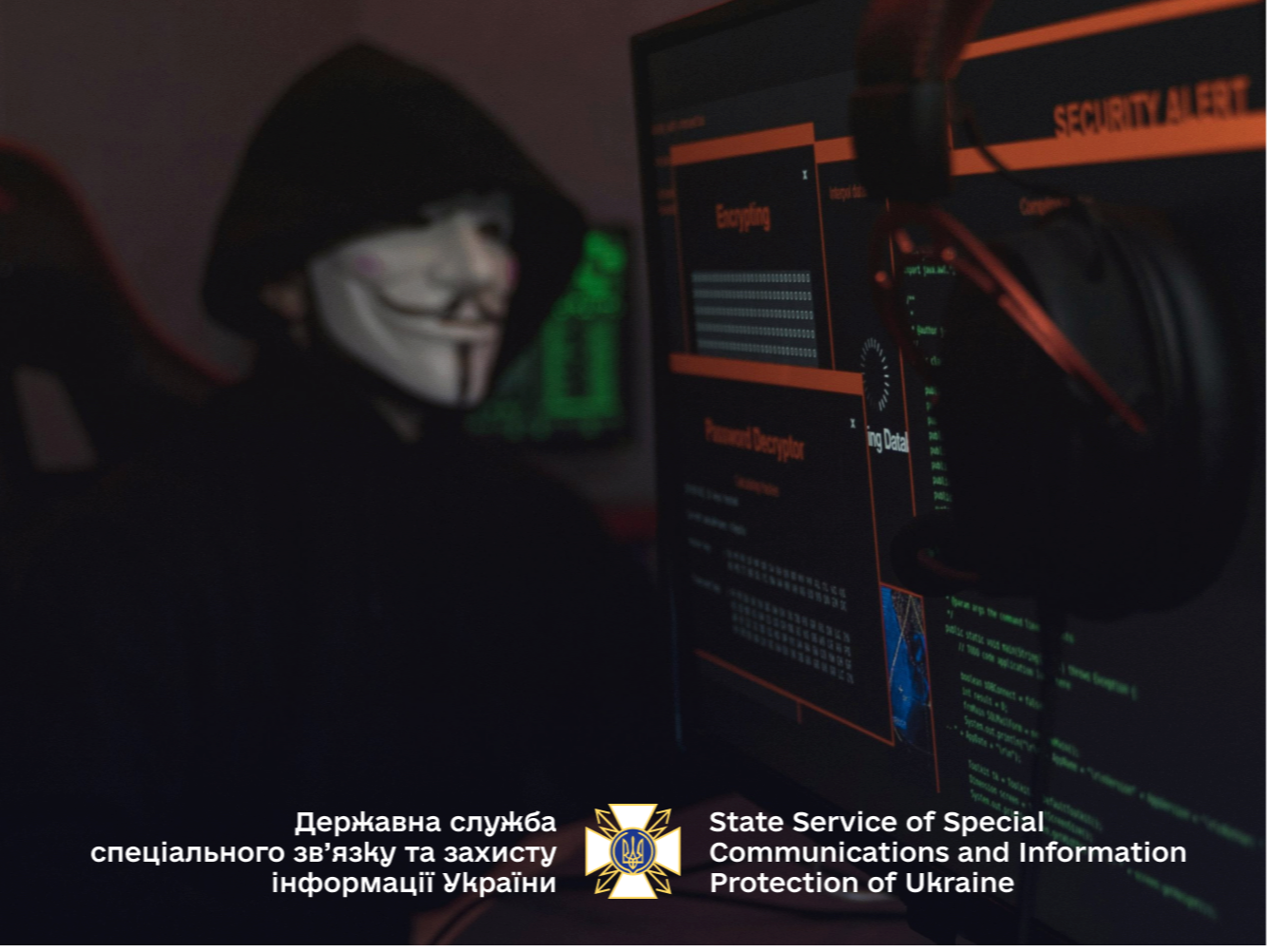
Russian Hackers Shift Tactics: From Destructive Attacks to Espionage. SSSCIP Report
An analysis of cyber incidents in Ukraine from 2022 to 2024 reveals a significant shift in the priorities and tactics of Russian hacking groups. This is detailed in the report "War and Cyber: Three Years of Struggle and Lessons for Global Security," which specialists from the State Service of Special Communications and Information Protection (SSSCIP) developed in conjunction with the analytical center ICE Task Force.
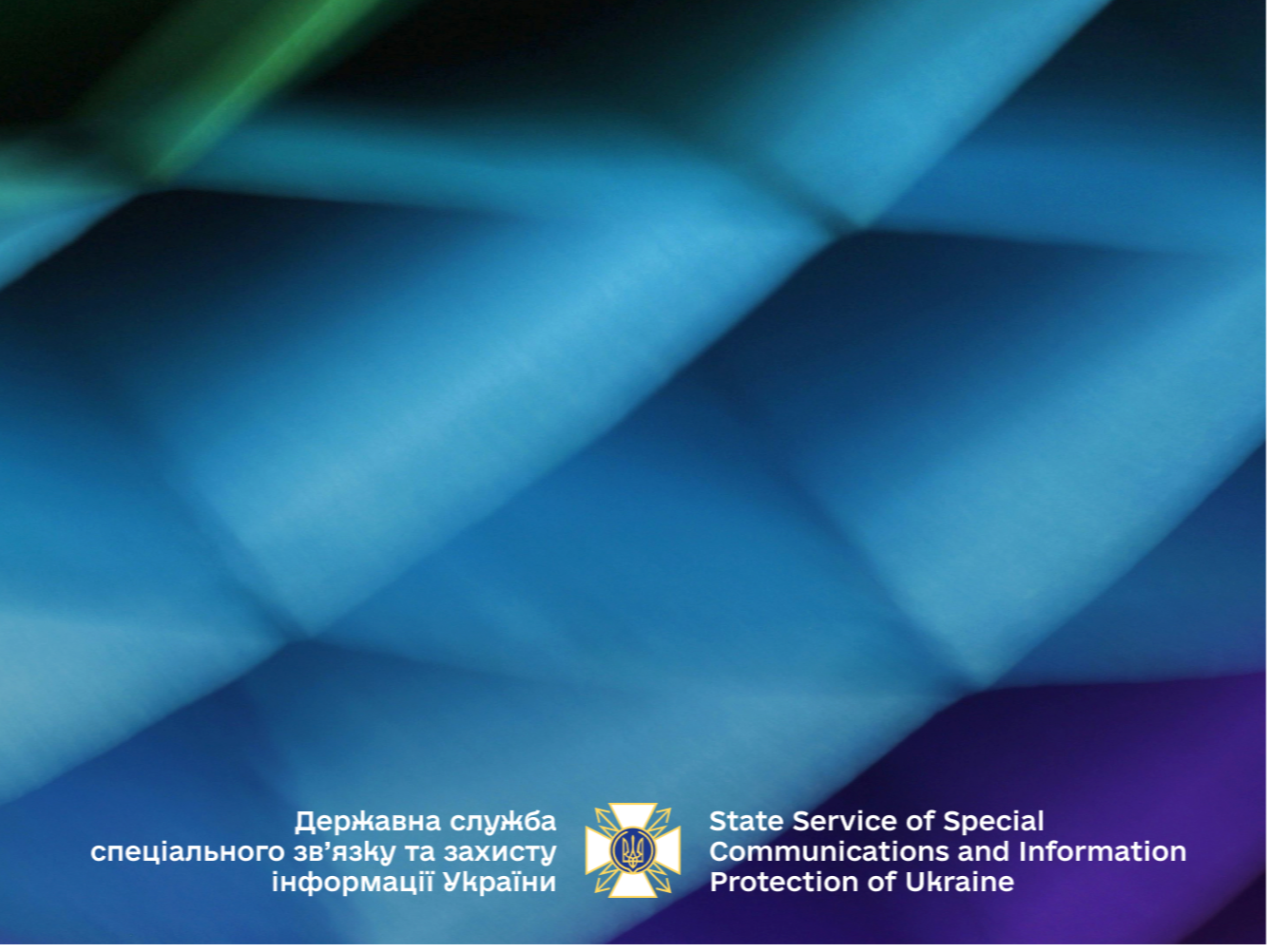
Out-of-date software is one of the key threats for all categories of organizations
Among the key threats for all categories of organizations remain non-updated software and other gross errors of system administrators. This is stated in the analytical report “Russian Cyber Operations” H2’2024, prepared by specialists of the CERT-UA team, which operates as part of the State Cyber Defense Center of the State Service for Special Communications.
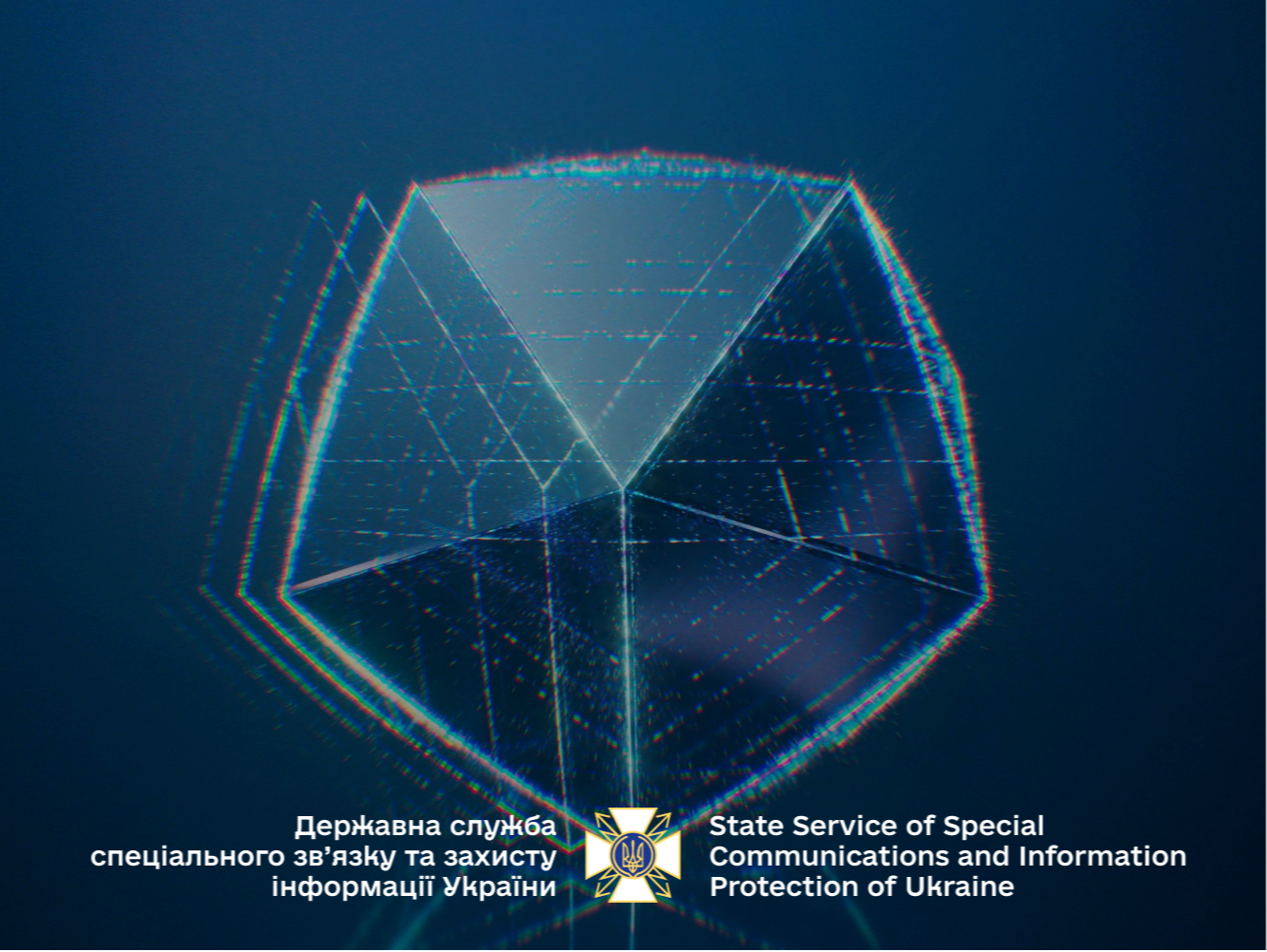
MITRE Updates ATT&CK Framework: New Techniques, Platforms, and Enhanced Defenses
MITRE, a leading organization in the cybersecurity field, has announced the 17th update to its ATT&CK framework. This framework is used globally for modeling adversary behavior, analyzing threats, and improving cybersecurity systems. The update reflects the latest trends in cyberattacks, incorporates new platforms, clarifies adversary tactics, and provides deeper insights into defensive measures.
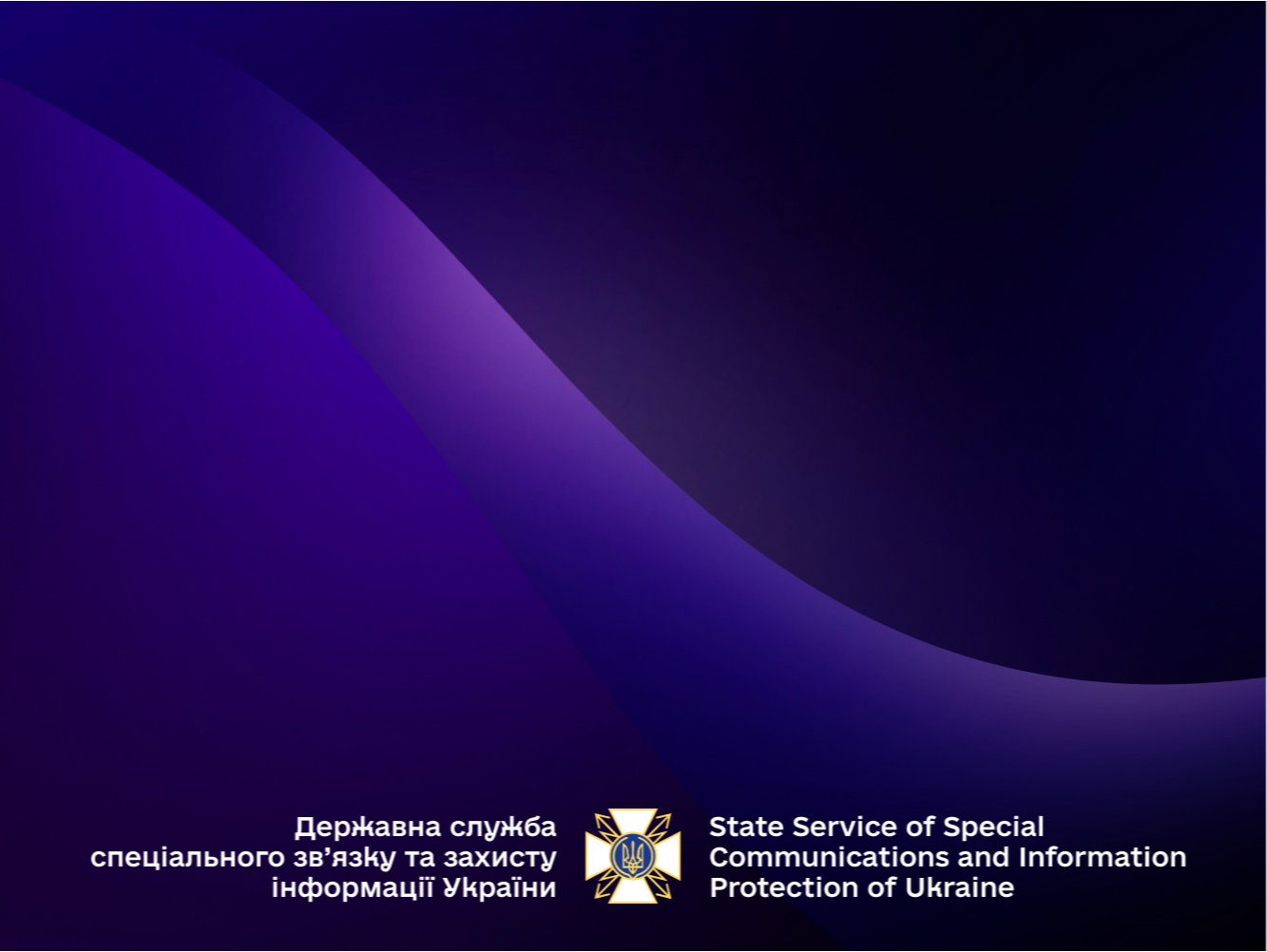
Be Prepared: Hostile Hackers Aim to Scale Up Their Capabilities, Warns Official
Russian-backed hacking groups are refining their tactics and will likely intensify their cyber operations against Ukraine. Therefore, all owners of information infrastructure must ensure maximum preparedness for potential cyberattacks.This warning was issued by Ihor Malcheniuk, Director of the Cybersecurity Department of the State Service of Special Communications and Information Protection of Ukraine (SSSCIP), speaking at the Secure International Summit in Bydgoszcz, Poland, where he was a keynote speaker.
UAC-0200: Espionage against the defense-industrial complex using DarkCrystal RAT (CERT-UA#14045)
The government computer emergency response team CERT-UA has recorded numerous cases of targeted cyberattacks against both employees of defense-industrial complex enterprises and individual representatives of the Defense Forces of Ukraine.During March 2025, the Signal messenger detected the distribution of messages with archives that allegedly contain a report with the results of a meeting. At the same time, in some cases, to increase trust, messages can be sent from persons from the list of existing contacts whose accounts have been compromised in advance.
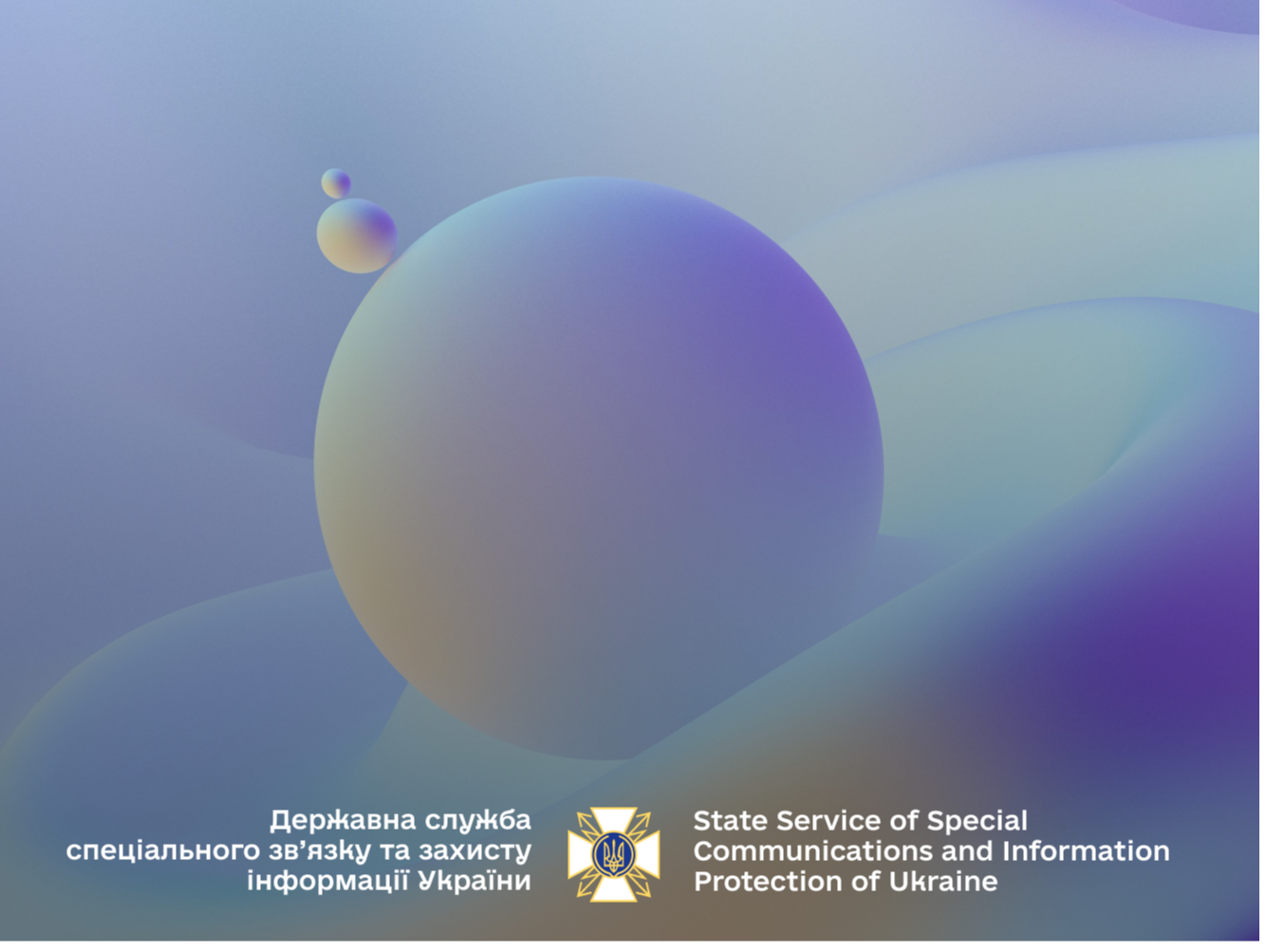
Cyber Challenges Demand Not Only Technological Solutions, But Also the Best Talent – Oleksandr Potii
Today, digital security is a matter of national resilience, and everyone shares responsibility for cybersecurity – government agencies, the private sector, expert communities, and civil society alike. Women are playing an increasingly important role in this, especially in the context of war, as they find their place in professions traditionally considered "male."